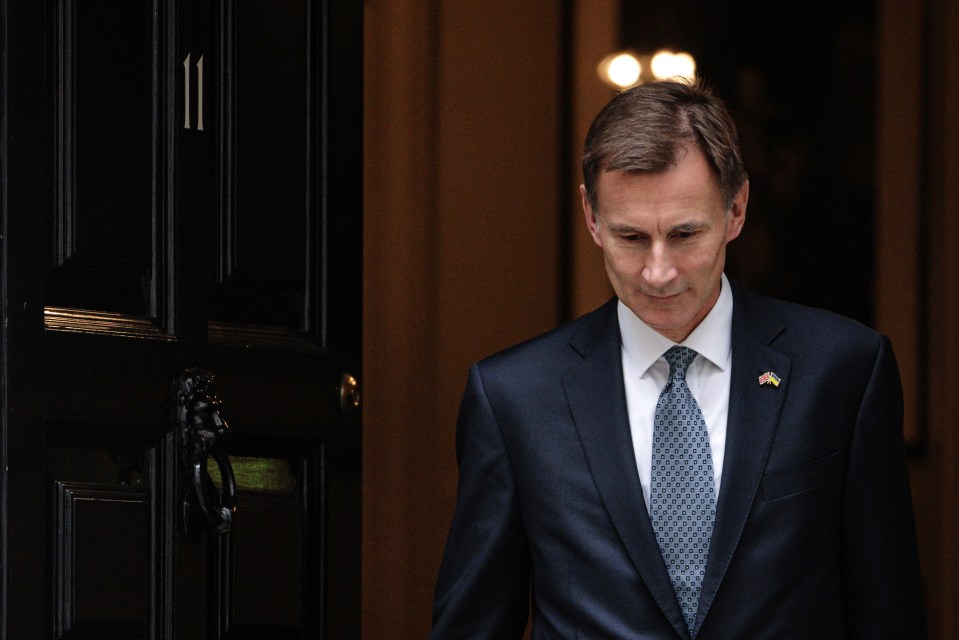Hunt should join the Mottley crew of reformers at the World Bank and IMF

There are many interesting conversations taking place at the World Bank and IMF. Unfortunately, the UK government and the City seem to be absent from these discussions, writes Barry Johnston
Jeremy Hunt’s recent trip to Washington DC for the World Bank meetings was a little more low-key than his predecessor, who flew there last October to try and reset the UK’s relationship with global finance markets. Instead of flying back early to face the chop like Kwarteng, Hunt – and Britain’s economic travails – flew mostly below the radar this time. This gave airspace to another group that is taking a more considered tilt at the windmills of Bretton Woods orthodoxy.
Led by Barbados PM Mia Mottley, the Bridgetown Initiative, as it’s called, rests on a fairly sensible assertion. The World Bank and IMF – financial institutions created in the aftermath of the Second World War – probably need a bit of fine tuning to meet the challenges of the twenty-first century. She cites two in particular.
First, debt. Okay, not a new challenge but acute and worsening now for emerging markets hammered by Covid-19, inflation and interest rate rises. A looming debt crisis is choking off public and private investment and crippling growth and social development.
Second, climate. Finance just isn’t flowing through the global system at the scale required to decarbonise industrialised economies. Nor is there sufficient funding to help less-industrialised countries leapfrog dirty fossil fuel development and pay for the damage caused by increasing extreme weather.
When you’re up to your neck in that much crap, it’s time to call the plumber. That person appears to be Mottley. Her initiative would unblock the global financial pipes with a couple of main fixes.
The first is relieving unsustainable debt servicing. This includes treating specific kinds of debt as more favourable (for instance investment in climate resilience), and unlocking liquidity within the system by reallocating IMF Special Drawing Rights to countries facing a crunch.
The second would see multilateral development banks use their balance sheets to unlock more capital for loans – including at concessional rates – for investment in climate and development objectives.
Finally, these increased capital flows should leverage private and philanthropic investment in public goods and technological breakthroughs.
Mottley’s been on the kind of charm offensive to sell her ideas that Truss would have done well to observe. She’s won backing from a host of current and former political leaders, financial commentators and advocacy groups. In June, Emmanuel Macron will take up the charge with a summit on the initiative in Paris. Granted his currency has dropped of late, but nonetheless, it shows the ideas have traction.
In each area, things are moving. On debt servicing, China has softened its stance in recent days and now says it will work with G20 partners on a common framework to manage the crisis.
On lending, the US has tapped former Mastercard CEO Ajay Banga as its choice to replace outgoing World Bank president David Malpass. Banga benefits in the first instance by, well, not being Malpass. That he actually accepts climate science is welcome to start. And there’s a kind of logic in putting the credit card guy in charge during a debt crisis – he might actually like lending money to people who need it, and be motivated to do more of it.
And on leveraging private and other sources of finance, of course, Biden’s green financial package has ignited a whole new global arms race to incentivise investment in clean energy as a public good.
It strikes me that the UK government and the City is conspicuous in its absence from these discussions. Perhaps that’s understandable – given recent financial missteps. But you can only keep your head down for so long as agendas are set and opportunities formed without you. Where are the figures like Carney, prepared to push out big ideas, convene and bang heads together around ambitious common causes? We need leaders to row in forcefully behind initiatives like this. Their motivations need not necessarily be altruistic. Some compare the Bridgetown Initiative to the new Marshall Plan. Britain did pretty well out of that.
